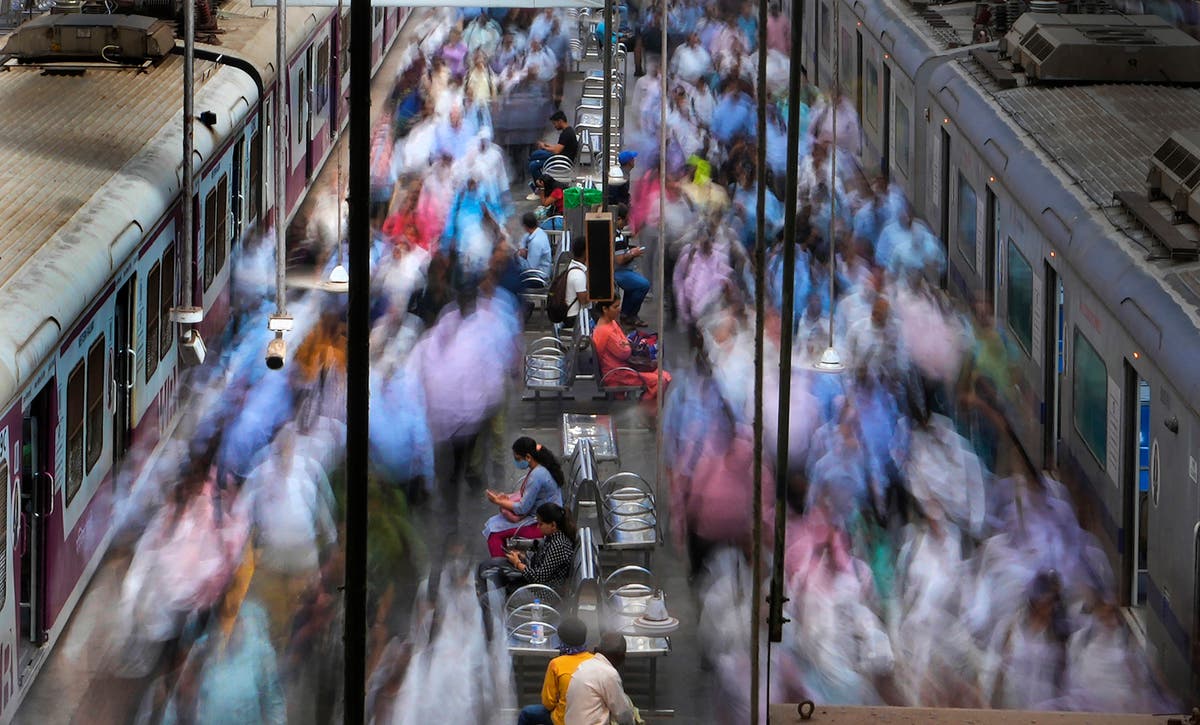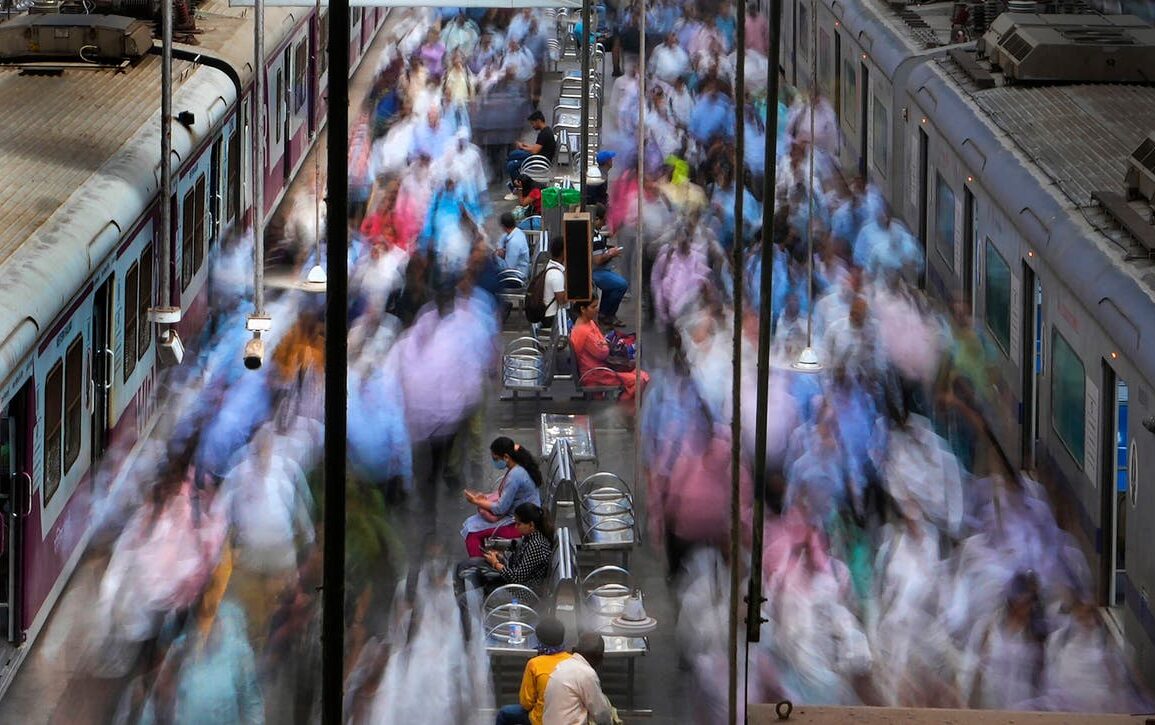
In 1969, when I came from India to study, I showed a professor a book I had detailing the harm the British had caused to India. I hoped this would stimulate a discussion about the empire. But my professor tossed it aside, saying the empire meant nothing to the British.
I wonder what he would say about the controversy generated by an Oxfam report that suggests Britain now pays reparations for having drained £52 trillion from colonial India.
I do not agree with Oxfam. Reparations cannot be made for events that took place such a long time ago. This whole question has arisen because of the way the British justified their imperial rule.
All empires are based on pillage, although so rapacious were the British that the Indian word “loot” entered the English language. What made the British empire unique was they claimed that they were doing all this for the good of the conquered who should be grateful to the British.
If you want proof, I suggest you go to the British Library where, on the stacks, you will find red-bound books – annual reports the secretary of state for India presented to Parliament. The title? Moral and Material Progress in India.
Observe “moral” comes before “material”. This view was widely held as demonstrated by Winston Churchill, who wrote in the Daily Mail in November 1929, about “the willing sacrifices of the best of our races” for “the rescue of India from the ages of barbarism”. Churchill was echoing Rudyard Kipling who, in his 1917 Barrack-Room Ballads and Other Verses, wrote that members of the Indian Civil Service “die, or kill themselves by overwork, or are worried to death or broken in health and hope in order that the land may be protected from death and sickness and famine and war, and may eventually become capable of standing alone”.
I wonder how many on the right would claim today that we should feel grateful to the illegal boat migrants for making such a hazardous journey motivated solely by bringing us benefits we don’t have?
The claim for making material progress is, of course, absurd. Between 1757 and 1947, British per-capita income grew by 347 per cent; India’s by 14 per cent.
What happened was India was deindustrialised. In 1750, seven years before British rule began, India accounted for almost a quarter (24.5 per cent) of the world’s manufacturing output, and was second only to China; Britain’s was just 1.9 per cent. By 1880, India was bottom, with 2.8 per cent, and Britain top, with 22.9 per cent.
India before British rule produced its own cloth. In 1896, it produced only 8 per cent, with northern British mill towns prospering by exporting cloth to India. It was this that prompted Gandhi in his campaign for freedom to call for the boycott of British textiles.
The problem with discussing the British Raj and its “positive” impact on India is that there is such massive ignorance that no proper debate is possible; many key “facts” are, in fact, myths and false claims repeated so often, they have acquired an illusion of truth.
The British never “ruled” India; a third of the country remained the province of Indian princes who retained complete autonomy. Contrary to those who search for positives in British rule, there was never a common civil law: Muslims, for instance, were permitted to have four wives.
The other proud claim, that Britain brought the railways to India, can be seen for what it is by the fact other countries established their own rail networks without first being colonised. Far from being an altruistic gift, India’s railways were primarily intended to transport coal, iron, cotton and other plundered resources to ports, so that imperial traders could ship them abroad. The various gauges adopted by British engineers made integrating the disparate routes into a comprehensive railway system all the more difficult.
If the British Crown did bring democracy to India, it took a painfully long time – and ultimately was not of a kind we would recognise, one in which only 14 per cent of the electorate could vote.
And yet, with its suggestion of reparations in the trillions, Oxfam is not only weaponising a painful history, it is also following the example set by Britain’s imperial rulers. Rather than a demand for monies, India would do better to suggest the British be made to learn about its role in the country’s past – the real history of their empire.
The tragedy is they do not – and continue to wallow in the ignorance my professor talked about.
* Mihir Bose is the author of ‘Thank You Mr Crombie: Lessons in Guilt and Gratitude to the British’ (Hurst, £25)


